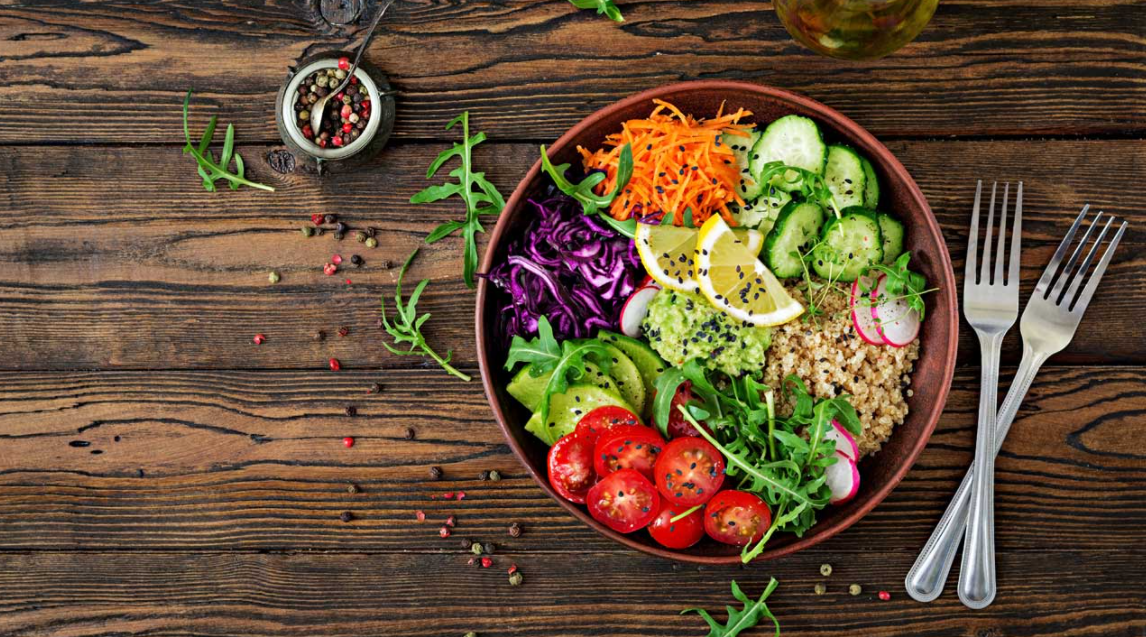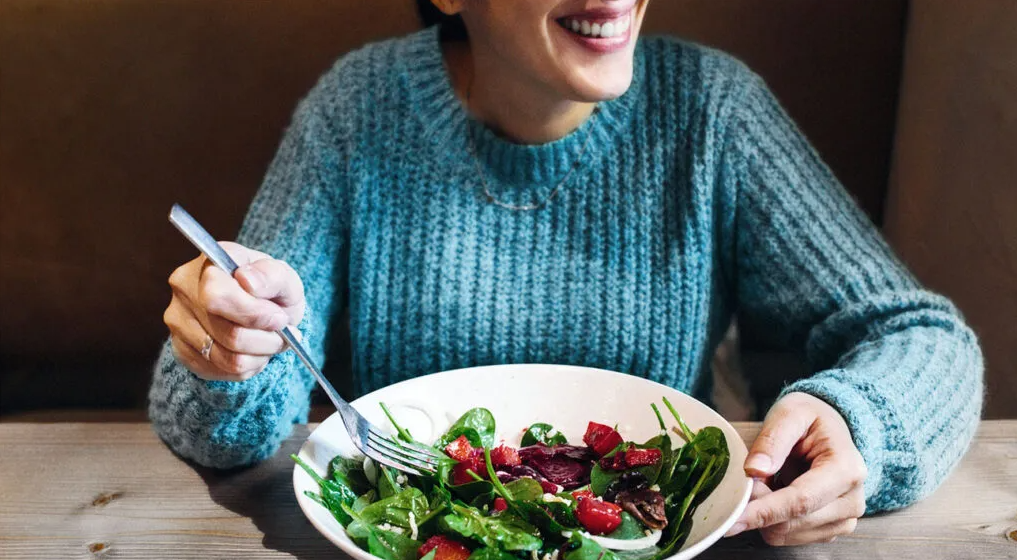Vegetarianism is the practice of refraining from eating meat (red meat, poultry, fish, and the flesh of any other animal), as well as abstaining from animal slaughter by-products. Most people are undoubtedly persuaded to embrace a meat-free diet because of the health benefits.
The first thing to keep in mind is that vegetarian diets can range from mild to excessive. By excluding beef, poultry, and other animal foods from your diet, you can be termed a vegetarian. This is the easiest way to begin vegetarianism because you can still receive protein from fish, cheese, eggs, and other dairy items, so you won’t feel as starved at first. After that, if you’re successful in removing animal meats, you might want to explore pursuing a vegetarian diet.
It’s beneficial to be informed about the many types of vegetarianism because you can be speaking with a vegetarian who belongs to a “camp” that isn’t suited for you. The cultures or genres of vegetarianism include:
- Lacto vegetarianism is a good next step after eliminating animal foods from your diet because you now have to exclude eggs and dairy as well. Many people who are interested in vegetarianism for ethical reasons, such as a desire to prevent animal suffering, prefer this approach because consuming eggs and dairy enables those sectors to continue to exploit chickens and cows.
- Lacto-ovo vegetarianism is the formal name for the extremely basic type of vegetarianism we discussed earlier, in which you can eat dairy and egg products. Most vegetarians may accept this method because it provides many of the health benefits of avoiding animal meat from one’s diet while also helping the animal rights movement without going overboard.
- Ovo-vegetarianism is a type of vegetarianism that foregoes meat and dairy but permits you to eat eggs as a mainstay of your diet to keep your daily omelet protein-rich. It’s another compromise, but it’s a good starting point if you want to progress to more restrictive diets as you gain experience with each stage.
- Veganism is not a religion, but it is the most restrictive type of vegetarianism in that it forbids the consumption of meat, dairy, and even honey. For many, this is either too radical or a distant objective.
Most of the time, if you went to a class on “how to become a vegetarian,” the guidelines for success would be the same. Those principles require you to resist the impulse to go all-in on your diet and to begin on day one as a Vegan after consuming meat for the most of your life. The impact on your body can be severe, and you don’t allow yourself enough time to learn how to eat healthily by substituting natural vegetarian substitutes for the nutrients and vitamins found in meat.
It is very advised that you start slowly and gradually transition to a vegetarian diet. Vitamin deficits might leave you vulnerable to disease if you go too far. And if you become ill as a result of an overzealous attitude to vegetarianism, you may give up and miss out on the many advantages of a vegetarian lifestyle. And that would be a terrible calamity.




